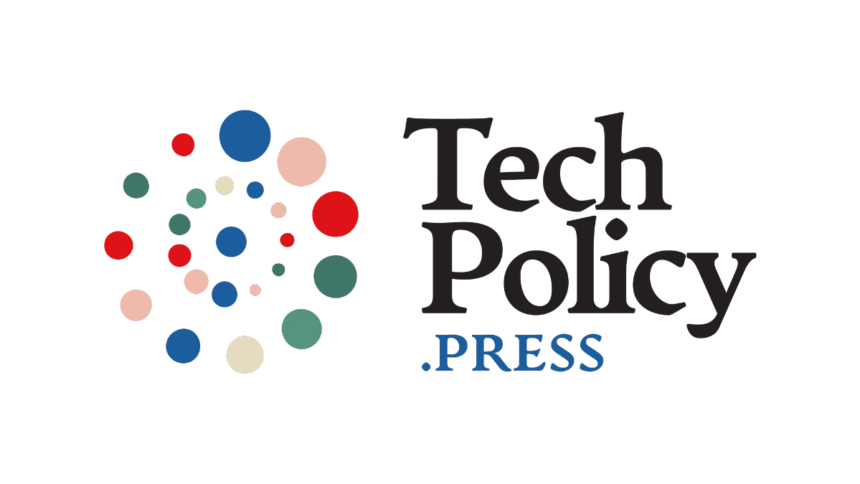Tech Policy Press has announced the opening of applications for its 2026 Fellowship Program, offering $10,000 stipends and editorial support to journalists, researchers, and policy professionals working on the intersections of technology and democracy.
The year-long, part-time program, now in its fourth cycle, is designed to amplify underrepresented voices in global debates on digital rights, artificial intelligence governance, and technology regulation.
Launched in 2023, the fellowship has already supported 15 fellows across seven countries, producing more than 90 original reports and essays that examined how technology shapes society. Past fellows have explored topics ranging from online surveillance to the role of platforms in political campaigns.
By backing individuals rather than institutions, the program has sought to open space for perspectives often overlooked in mainstream policy conversations.
What the 2026 Program Offers
The fellowship runs remotely over twelve months, making it accessible to participants from different regions. Each fellow receives:
- A $10,000 stipend to support their work
- Regular editorial guidance
- Monthly peer meetings with a diverse international cohort
According to the organizers, the goal is not only to produce timely articles and commentary but also to create a global network of professionals who can exchange insights on how digital technologies affect governance, democracy, and rights.
At a time when governments and companies are wrestling with the rules for artificial intelligence, privacy, and online speech, initiatives like this one are increasingly relevant. The fellowship emphasizes voices from regions where technology debates often receive less global attention.
Imagine, for example, a journalist in Nairobi reporting on how AI is being used in education, or a legal researcher in South Asia examining surveillance laws. Their insights could broaden how policymakers and the public understand the consequences of emerging technologies.
Why it Matters
While the fellowship has earned credibility, questions remain about its long-term impact. With limited slots each year, the reach is selective by design. Critics might ask whether such programs can achieve sustained influence without broader institutional partnerships or funding guarantees.
Still, by creating opportunities for independent professionals, the program signals a recognition that global tech debates cannot be left to a handful of well-funded institutions in the West.
Applications for the 2026 cohort are now open, with Tech Policy Press positioning the fellowship as a modest but significant step toward more inclusive global conversations about technology’s role in governance and society.
Whether these voices remain visible after their fellowship year, or fade back into fragmented spaces, will depend on how much weight policymakers, platforms, and civil society give to perspectives outside the usual centers of influence.
Talking Points
The Tech Policy Press Fellowship is a welcome opportunity, but it exposes a hard truth: the loudest voices shaping global tech policy are still concentrated in Washington, Brussels, and Beijing. Africa rarely makes the room.
That should concern us because the rules written elsewhere often dictate how our economies and democracies operate.
For many African journalists and policy researchers, a $10,000 stipend can fund groundbreaking work. But should we really celebrate crumbs when global tech companies are pouring billions into lobbying?
This fellowship is valuable—but it highlights just how little investment flows into independent tech policy voices from the Global South.
One fellowship class will not transform the imbalance of voices in global debates. What Africa needs is a pipeline of thinkers, writers, and policymakers consistently equipped to interrogate Big Tech’s role in governance.
Otherwise, the few selected fellows risk becoming exceptions, not representatives of a broader movement.





